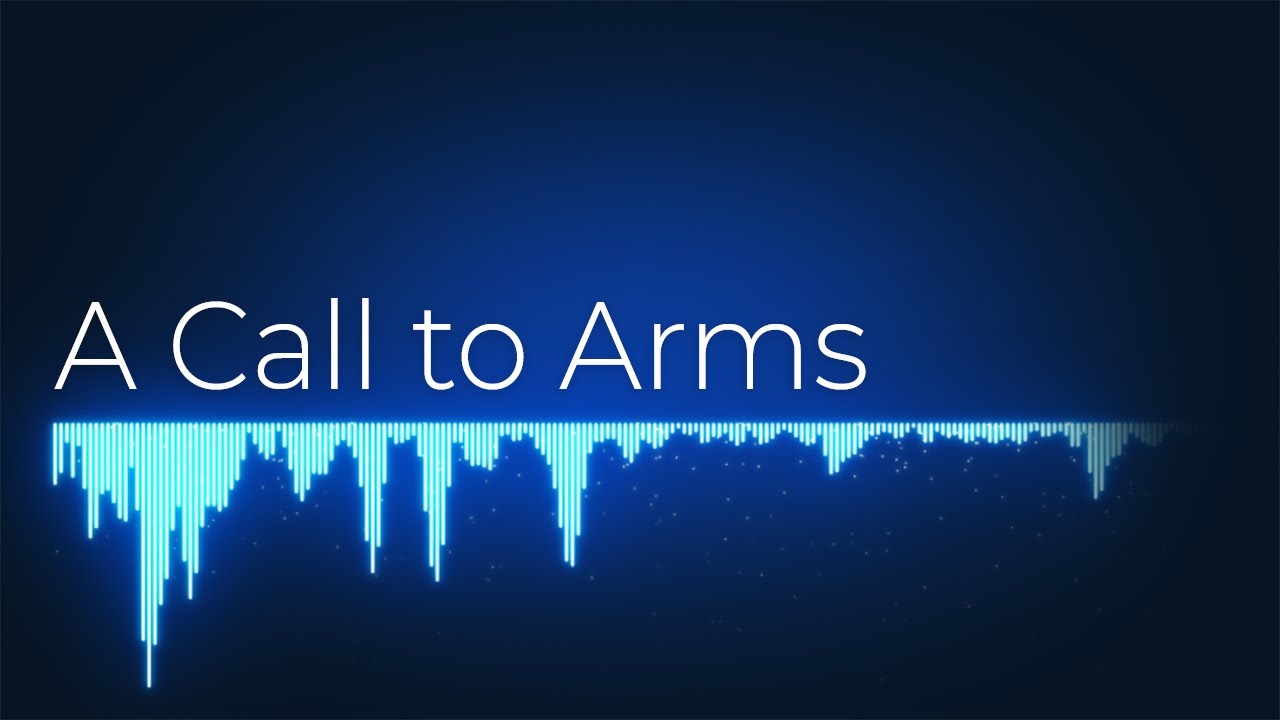Oh man, this is a topic I could rant about for hours 
To try and keep things as short as I possibly can: fear it or not, it’s happening, so I’d much rather see composers on the RIGHT side of history, and embrace it EARLY.
Historically the music industry has been SO SLOW to adopt new technologies, to their own detriment. If in the '90s the industry had just ACCEPTED and EMBRACED mp3s and the internet, maybe they could have monetised downloadable mp3s right from the start, NORMALISING paying for downloads, rather than just pointing their finger and whinging for 10 years that music was being sold 
But the same thing is happening with AI…
I’ve seen composers in other forums saying “WE SHOULD UNIONISE AND BAN AI FROM MUSIC”
The idea of AI someday totally replacing composers is pretty scary, but I think also quite farfetched in the long run.
I’ve also seen people saying that “what if AI accidentally composes a John Williams piece - who’s going to get sued?!”
The concept of suing AI for ripping off other composers I also find questionable. I mean, what’s the difference between AI ripping off John Williams and a composer ripping off John Williams?
And finally, I immediately think of TWO times the industry buried its head in the sand against new technology: Napster, and Netflix.
They tried to litigate, shut down, whatever else, against Napster INSTEAD of trying to work out how to ADOPT or INTEGRATE it. And look where it ended up? Years of problems, years of suing, years of people getting music online the only way they could: illegally. Instead of setting up “official” digital download channels. It took FOUR YEARS before you could download music legally after Napster. I expect the industry would be very different had they embraced it.
And Netflix. I worked at Blockbusters when Netflix came out. And you know how Blockbusters dealt with this massive, new technology? They ignored it. Had Blockbuster embraced tv/movie streaming, maybe they wouldn’t have gone under.
So yeah, technology can appear scary, or that it’s “taking over”, but it’s going to happen whether we like it or not. We just have to work out how to best embrace it and make it work FOR us.





 Currently no, but someday. For me, again I think if NotePerformer had slightly better sounding samples, like Spitfire, and Steinberg can perfect Dorico’s playback to more accurately read the composer’s performance markings on the score and build in some expression RR’s, it could be sooo realistic.
Currently no, but someday. For me, again I think if NotePerformer had slightly better sounding samples, like Spitfire, and Steinberg can perfect Dorico’s playback to more accurately read the composer’s performance markings on the score and build in some expression RR’s, it could be sooo realistic. but I don’t think there’s anything to fear about AI composer tools. Perhaps TV/game/commercial studios will use this technology because it’d be cheaper than hiring a real composer, but that may mean that us human composers would go back to doing more traditional concert music.
but I don’t think there’s anything to fear about AI composer tools. Perhaps TV/game/commercial studios will use this technology because it’d be cheaper than hiring a real composer, but that may mean that us human composers would go back to doing more traditional concert music.
 thanks for the clarification matt
thanks for the clarification matt  (bows in reverence)
(bows in reverence)